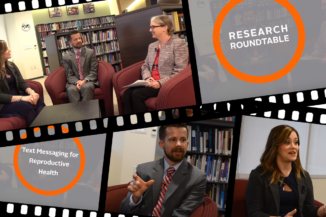
Category


Year in review: R&E Search for Evidence 2023
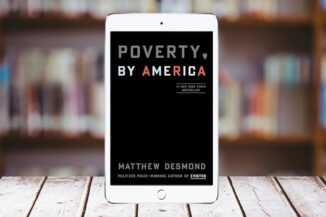
Book Review: Poverty, By America

Contraceptives could be an important piece of the efforts to address iron-deficiency anemia
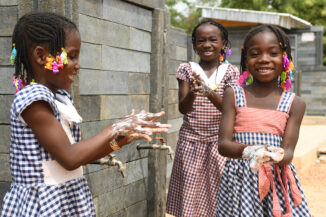
The latest evidence on hand hygiene behavior change in different contexts: Insights from the 2022 Hand Hygiene Research Summary

Building generational wealth: Findings from a collaborative evaluation

Evaluating positive youth development: The need for, and advancement of, the positive youth development sustainability scale
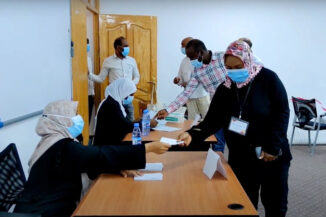
What the conflict assessment system tool (CAST) can show us about fragility: Libya case study
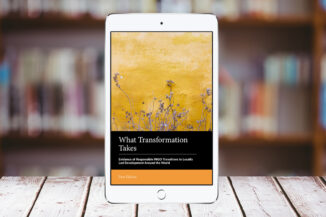
Book Review | What Transformation Takes: Evidence of Responsible INGO Transitions to Locally Led Development Around the World

Three recommendations to improve the measurement of Sustainable Development Goal 16
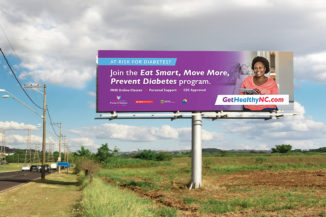
Reaching rural U.S. populations at risk for diabetes: Three areas for further study

Year in review: R&E Search for Evidence 2022
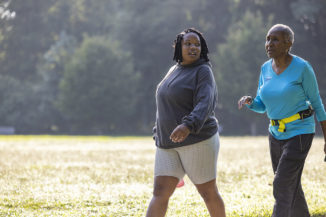
Social marketing and health literacy innovation: Using a partner approach in diabetes prevention
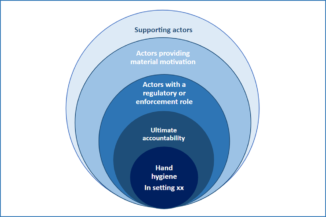
Stakeholder mapping to drive global guidelines implementation: Reflections from the 2022 Hand Hygiene Think Tank
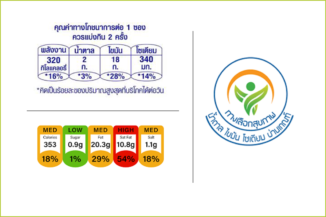
Are front-of-pack labeling systems in Thailand helping consumers choose healthy products? Findings from a rapid review
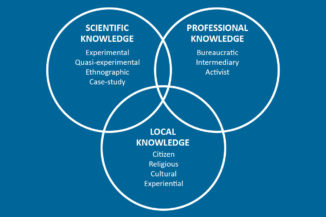
How local knowledge can improve the effectiveness of development policies
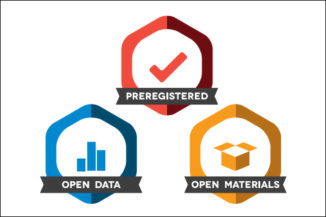
Challenge & Opportunity: How to increase uptake of open science practices in education research
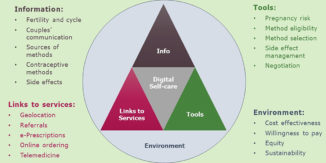
Slow and steady, it’s not a race: Building the evidence base for digital self-care

Reigniting the fight for HIV prevention and treatment: Key takeaways from AIDS 2022 Conference

New evidence highlights persistence of systemic issues facing PhD students from marginalized communities

As we refocus our efforts on tackling HIV, what can we learn from resilience in the face of COVID-19?

How often are local authors the lead on health research conducted in low- and middle-income countries?

Africans leading the research effort to control HIV and COVID-19 in Africa: The INTEREST Conference, Kampala, Uganda
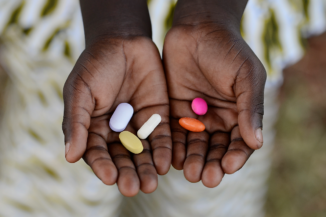
To close HIV prevention and treatment gaps in Malawi, study supports mix of approaches for key populations

Turned Away: The role of providers in denying family planning to women in Malawi
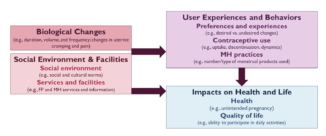
Developing a framework for measuring menstrual changes

Transferring evidence between contexts: Highlights from CEDIL annual conference
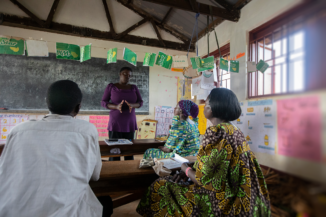
Evidence on mental health-focused intervention for Intimate Partner Violence among refugees

How we define health outcomes impacts our research: The case of COVID-19 among smokers

Effective supply chain management approach for essential drugs in Low- and Middle-Income Countries
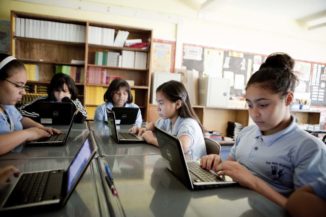
The power of belonging in developing positive math identity
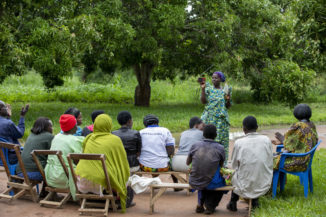
Participant Engagement Activities: A tool for promoting ownership and understanding among participants in clinical trials
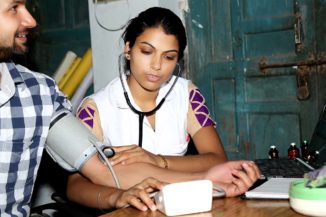
Using ethnography to understand how complex system dynamics influence individual health provider behaviors

Five-year retrospective: Our founding editors recount the growing pains and the humor of building a research blog
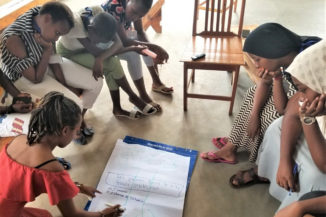
Increasing the impact of reproductive health programs through social norms: Qualitative research in Burundi

Year in review: Read our top blog posts of 2021
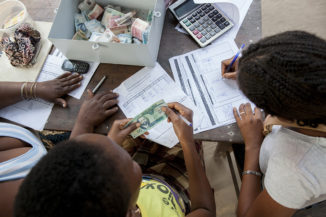
New evidence suggests that financial inclusion boosts mental health
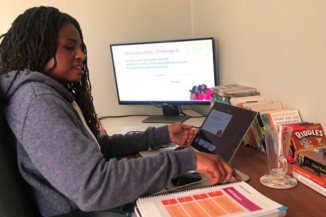
Keeping our ears and minds open: Monitoring and evaluation for a virtual training
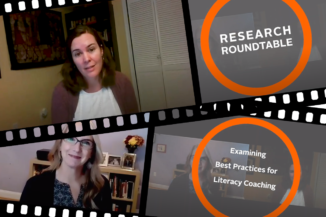
Research Roundtable video: Exploring best practices in literacy coaching

How the other half banks: Exclusion, exploitation and the threat to democracy – A book review

The power of relationships in college and career readiness programs

Less cost and effective: Testing the accuracy of handheld devices for medicine quality assurance
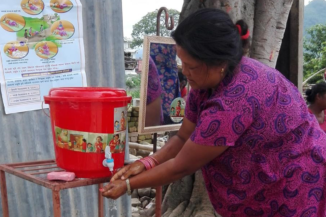
Gender considerations for hygiene programming: Insights from the 2021 Handwashing Innovations Think Tank
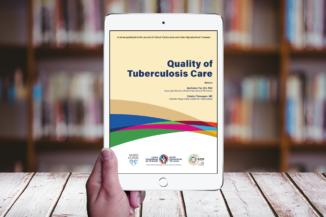
Ending TB is a matter of quality: A book review of Quality of Tuberculosis Care

Conducting clinical trials during the COVID-19 pandemic
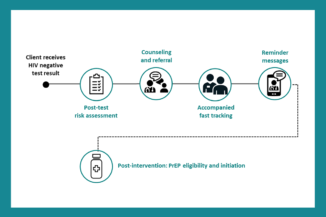
Can a test-and-prevent approach link people at risk of HIV to prevention services?

Behavior change using social norms: Does the popular opinion leader intervention work in LMICs?

Reimagining how social-behavioral research can be integrated into contraceptive R&D
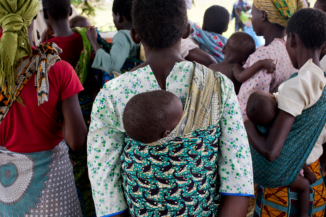
Exploring the value of traditional healers in modern health care systems
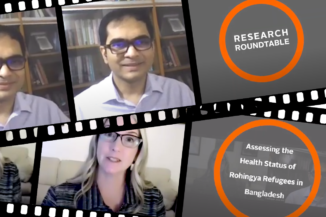
Research Roundtable video: Assessing the health status of Rohingya refugees in Bangladesh
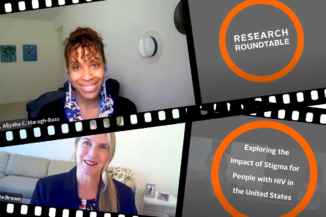
Research Roundtable video: Exploring the impact of stigma for people living with HIV in the United States
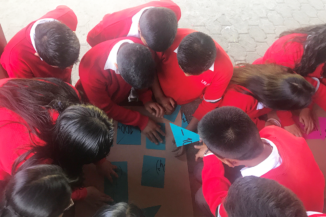
Integrating social and emotional learning into pre-service teacher education: Lessons from a formative study in Guatemala
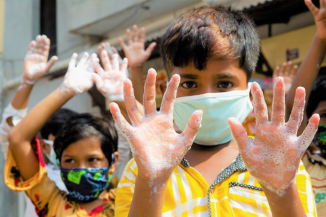
Impact of COVID-19 on WASH practices among young people

Are women leaders a better fit for the COVID-19 response?
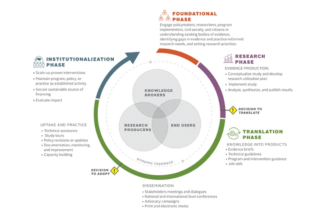
Methods to support a systematic approach to research utilization
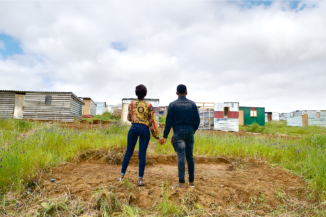
New evidence about intrauterine contraceptives can benefit women living with HIV in LMICs

The evidence base for social norms-based approaches to reduce intimate partner violence in LMICs
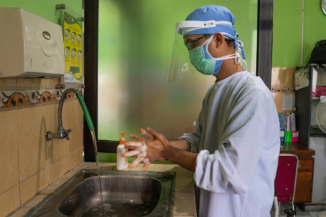
Fundamentals first: Monitoring water, sanitation and hygiene (WASH) in health care facilities

Our most popular research blog posts of 2020
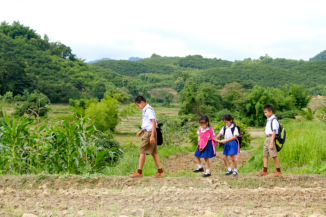
School-based physical activity and diet interventions can be effective for addressing obesity in children in LMICs: Evidence from systematic reviews
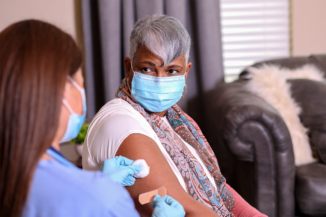
Understanding how race influences attitudes and behaviors towards the flu vaccine can inform a COVID-19 vaccine response
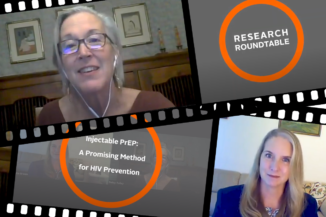
Research Roundtable video: Expanding HIV PrEP with long-acting injectables
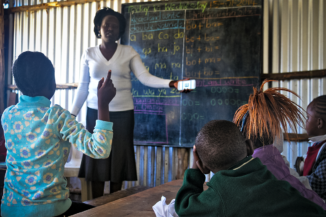
Disability screening tools and when to use them: Lessons learned under the Equity Initiative
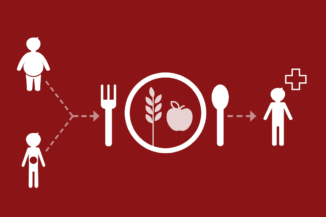
What evidence is there for interventions to address the dual burden of malnutrition? A rapid review
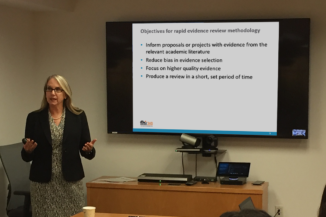
An approach to rapid evidence review and what we learned when we piloted it

How has COVID-19 impacted reproductive health experiences in the United States?
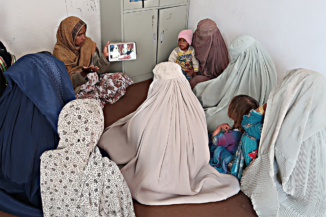
Is a health video library acceptable and feasible for helping community health workers? Evidence from Afghanistan
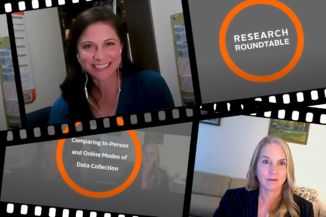
Research Roundtable video: Comparing in-person and online modes of data collection
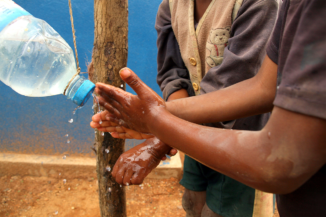
New evidence for improving handwashing access and behavior during COVID-19 and beyond

The challenges for the triple nexus approach to humanitarian assistance: A case study analysis

Expanding HIV PrEP with long-acting injectables: What can we learn about acceptability from a clinical trial?
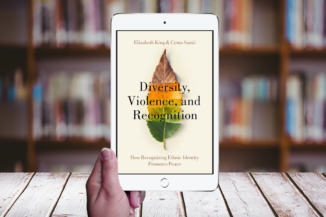
Book review: Diversity, violence and recognition – How recognizing ethnic identity promotes peace by King and Samii
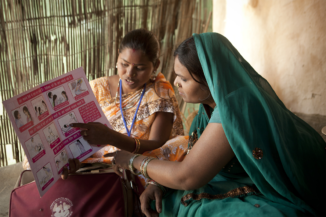
Research utilization is the connective tissue between evidence and action
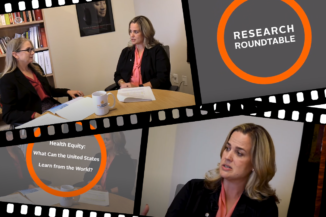
Research Roundtable video: Improving health equity in the United States
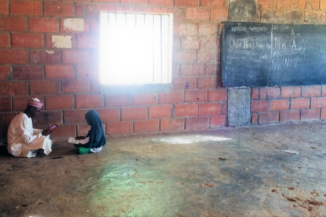
How to pick the right survey tool for your COVID-19 context
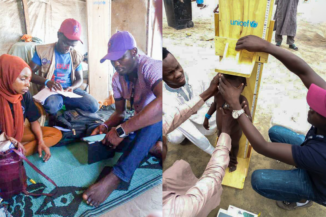
Let’s be SMART about it: Collecting real-time nutrition data in crisis and conflict settings
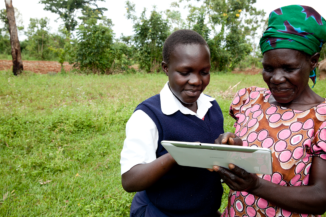
Operationalizing ‘what works’ for education in emergencies research: 5 factors that facilitate ethical randomized designs

Did you get the message? My favorite behavior change studies can inform the COVID-19 response
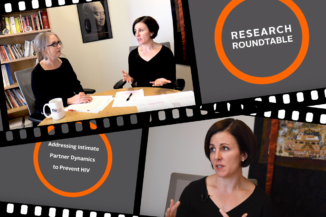
Research Roundtable video: Addressing intimate partner dynamics to prevent HIV
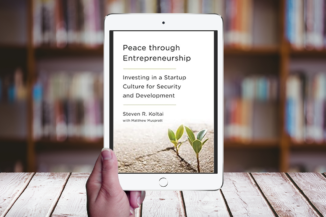
Book review: Peace through Entrepreneurship by Steven Koltai
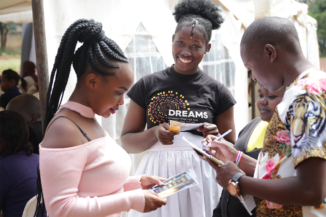
Why we need to act now to integrate gender in health development research
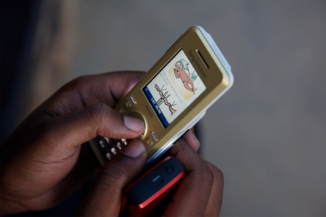
What’s wrong with the evidence for mHealth?

What’s mode got to do with it? Comparing in-person and online qualitative data collection

Can you see me now? My experiences testing different modes of qualitative data collection

Year in review: What are the most popular blog posts of 2019?

Public health vs. social science: Do publication lags matter?

Public health vs. social science research: How does authorship differ?
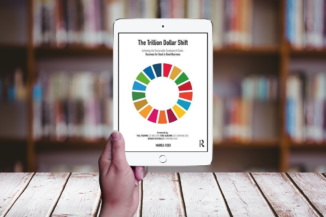
Achieving the SDGs requires governments and businesses to think alike: A book review of Marga Hoek’s The Trillion Dollar Shift
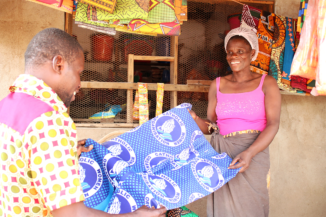
Whether, which and when: Developing guidance for the integration of household economic strengthening activities into family support programming
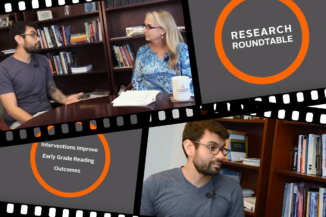
Research Roundtable video: Interventions improve early grade reading outcomes

Show me the money! How we have used financial diaries to inform research and programming for vulnerable groups
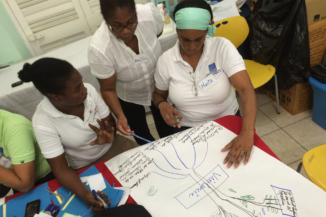
Everyone deserves to live free of violence: How HIV and GBV service integration can improve lives and effectively address twin epidemics
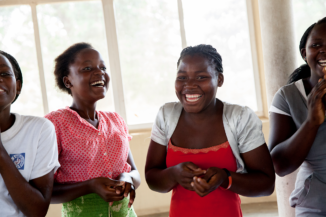
What’s documentation got to do with it? Examining the evidence on scale-up of social norms interventions for adolescent and youth reproductive health
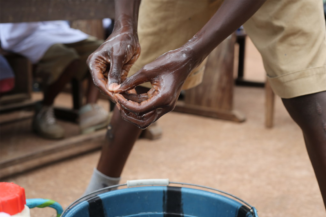
Understanding the use of nudges in handwashing behavior change programs: Highlights from the 2019 UNC Water and Health Conference

Understanding the financial lives of vulnerable groups using financial diaries
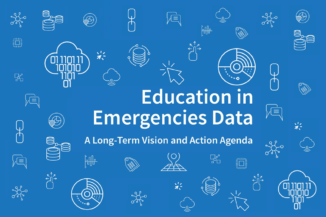
Next steps in strengthening education in emergencies data
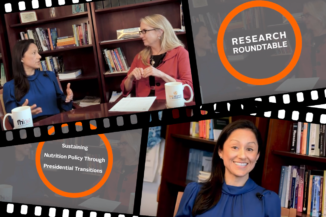
Research Roundtable video: Sustaining nutrition policy through presidential transitions

Looking ahead: Assessing the accuracy of Education Policy and Data Center projections
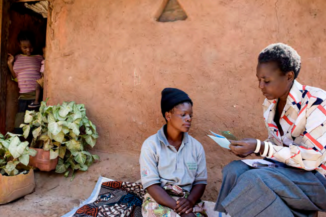
The effectiveness of index testing and partner notification services in HIV case-finding in Zimbabwe
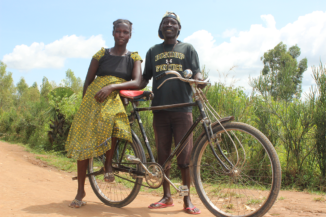
Why understanding adolescents’ perceptions of gender inequitable norms is important for development programming
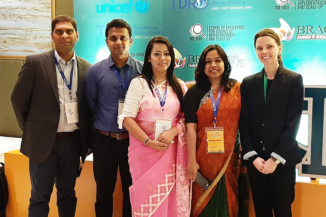
Highlights from the GCIS 2019 conference and thoughts on the future of implementation science
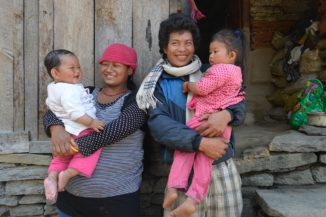
New evidence on the determinants of childhood stunting in Nepal

Let’s bring back theory to theory of change
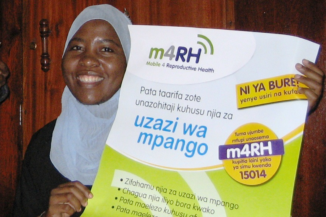
What can we learn from system-generated digital health program data? Turns out, quite a lot

2018 Handwashing Research Index: A catalog of research publications
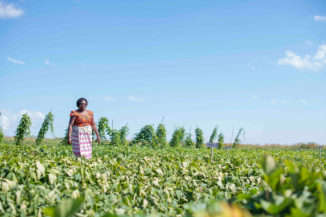
Gender in food security programming matters

That’s great, but what does it cost?
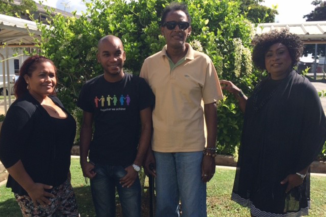
New evidence from gender-based violence research among key populations can inform HIV programming

What I learned from a new study about girls’ education and early marriage
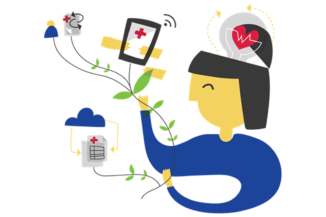
Taking public health innovations to scale: Pathways, drivers and facilitators
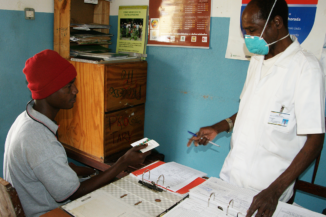
New analysis of breakthrough TB in Ethiopia can inform global TB response

Make me a match: Matching your manuscript with an appropriate journal

How do you reduce household food insecurity? New evidence says integrate nutrition into existing antenatal care
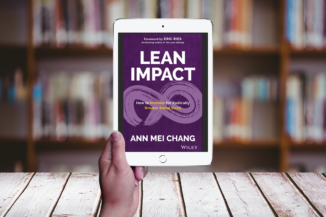
Book review: Lean Impact by Ann Mei Chang (and thoughts on science and the scientific method)

One of our favorite studies: A case study of feminist mathematics

Making a difference with research: Working with partners, patients and communities in Durham, North Carolina

Is the evidence we use in international development verifiable? Push button replication provides the answer

Looking back at the most popular posts and prolific authors in 2018

Getting behind human-centered design for contraceptive innovation
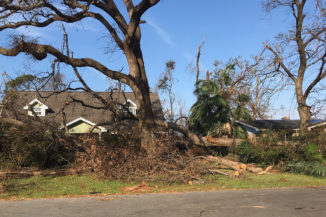
What do we know about the costs of natural disasters and disease outbreaks?

“Because of how you are”: Using participatory research to understand violence against transgender women in Latin American and the Caribbean

Sneaky in a good way: The use of survey and assessment metadata in soft skills measurement

Beyond the trial: What impact does engagement and participatory practice have on HIV research outcomes?
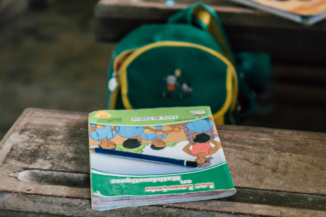
6 steps for measuring equitable education access in crisis and conflict settings

How to conduct a replication study: What not to do

New modeling evidence offers an opportunity to mitigate the effects of climate change on water quality and socio-economic wellbeing

How to conduct a replication study: Which tests not witch hunts

Surprise (or not)! Toy-in-soap intervention increases handwashing among kids in emergency contexts
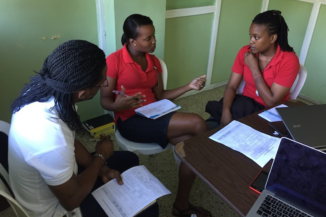
Custom indicators track online outreach in Jamaica
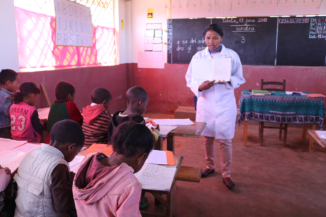
Implementing reading lesson plans with high fidelity boosts Grade 1 student reading outcomes in the USAID/Madagascar Mahay Mamaky Teny program

What disability screening tools are available to use in low-resource schools?

Global health innovation: Revisiting Tim Mastro’s thoughts to mark the annual Triangle Global Health conference

3 ways to promote your published research
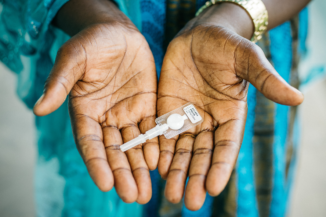
Self- versus provider-administered injectable contraceptives: Does method matter? It did in Malawi
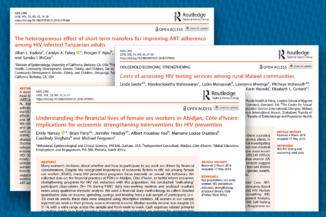
New research underscores the connection between economics and HIV
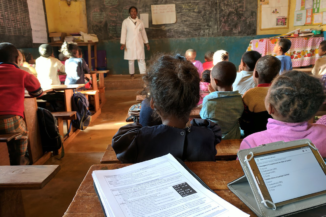
Learning by doing: How to successfully apply the Collaborating, Learning, and Adapting (CLA) approach in your programs

Do college and career readiness programs make a difference? New alumni evidence says yes
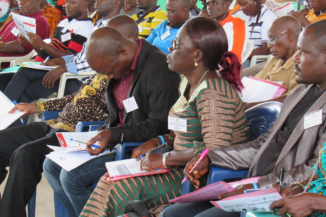
The calculations are in: Digitizing salaries can save governments millions
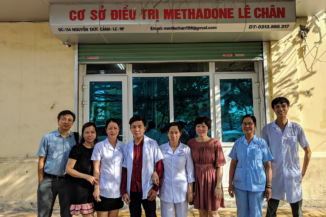
From innovation-to-scale: Identifying innovative health interventions to better understand factors influencing their adoption and scale-up
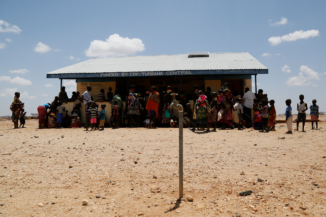
Do UAVs have a role in improving viral suppression for people living with HIV in remote Kenya? A study design using system modeling in a GIS
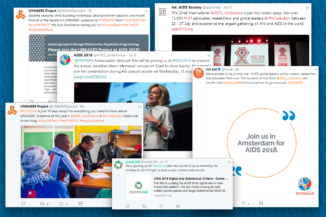
FHI 360 science at AIDS 2018
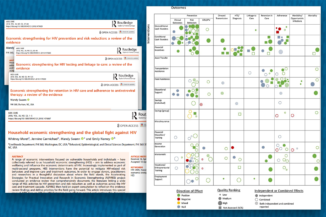
The state of the evidence for household economic strengthening approaches for HIV outcomes
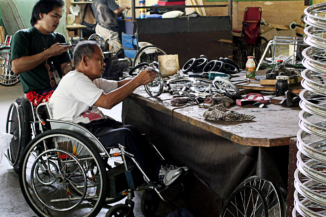
We should be able to evaluate interventions for the disabled
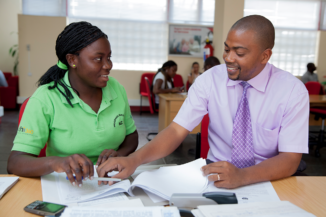
New research aims to understand how positive youth development interventions facilitate resilience
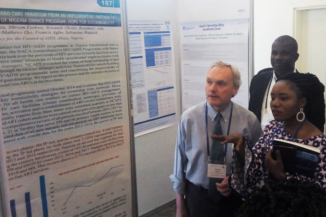
Cultivating HIV scientists for Africa: The INTEREST Conference, Kigali, Rwanda
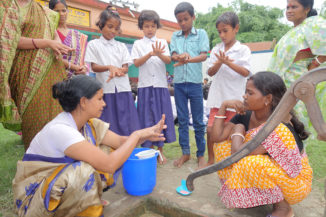
What we learned about handwashing from published research in 2017

From concept to practice: 5 steps to measure education equity
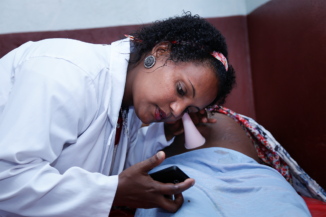
Midline research reveals promising results for mLabour health application
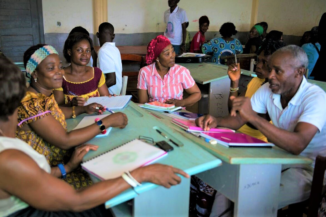
Unpacking PLCs: What evidence do we have about professional learning communities and how can we produce more?
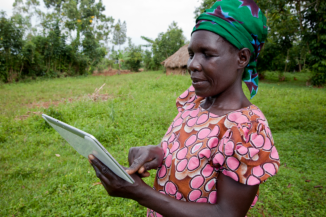
A mixed method research design for understanding how ICT tools assist climate change adaptation

New directions in portfolio reviews
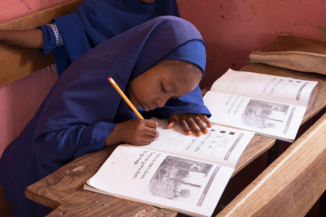
What can we learn from fidelity of implementation monitoring models within early grade reading programs?

3 women leading the charge in ICT4D research

Quarterly recap of FHI 360’s blog on research and evaluation, January–March 2018

Addressing bias in our systematic review of STEM research
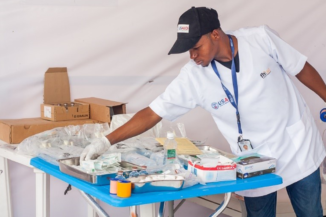
The science of humanitarian response in crisis settings
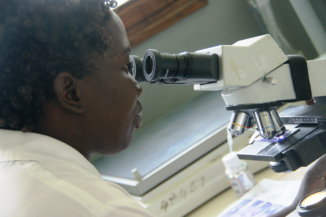
Recent research contributes to ending TB

Gearing up to enhance college readiness for underserved students: Insights from a capacity building workshop
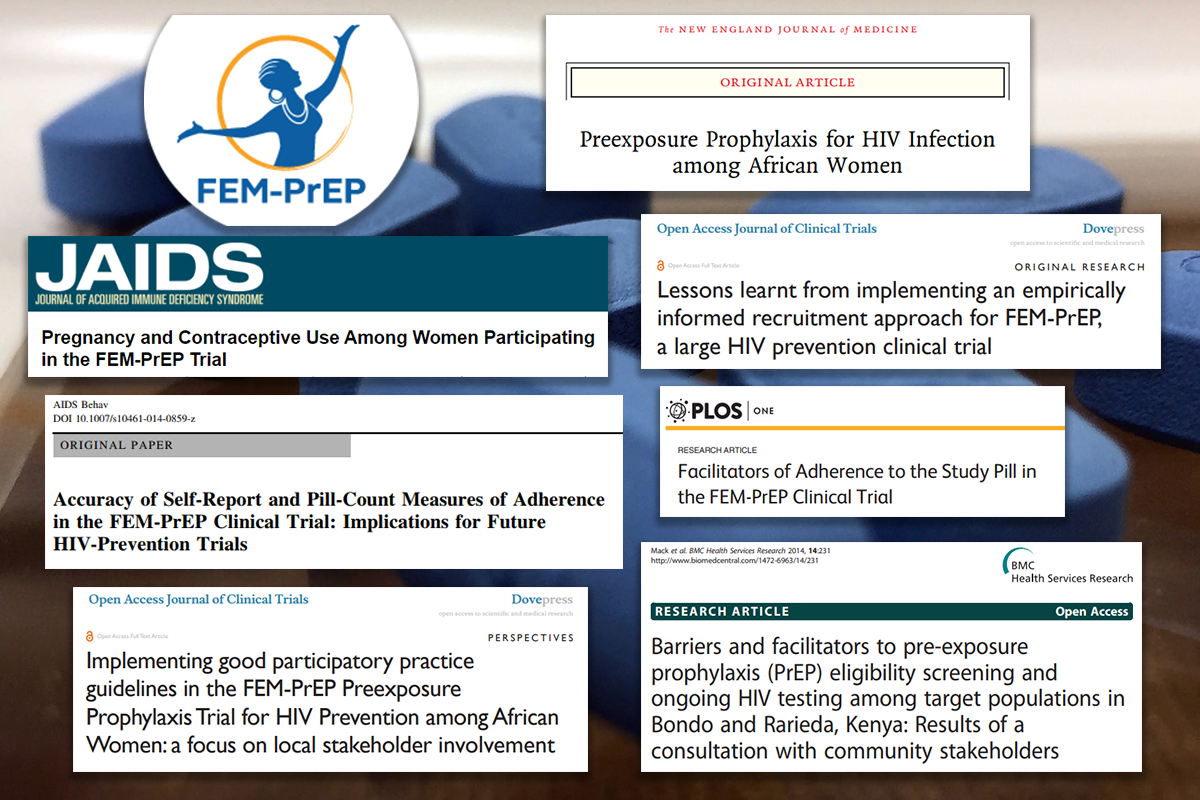
Using a structured approach to maximize return on clinical trial research investments

Strengthening capacity to track, store and use data effectively at Catholic and independent schools
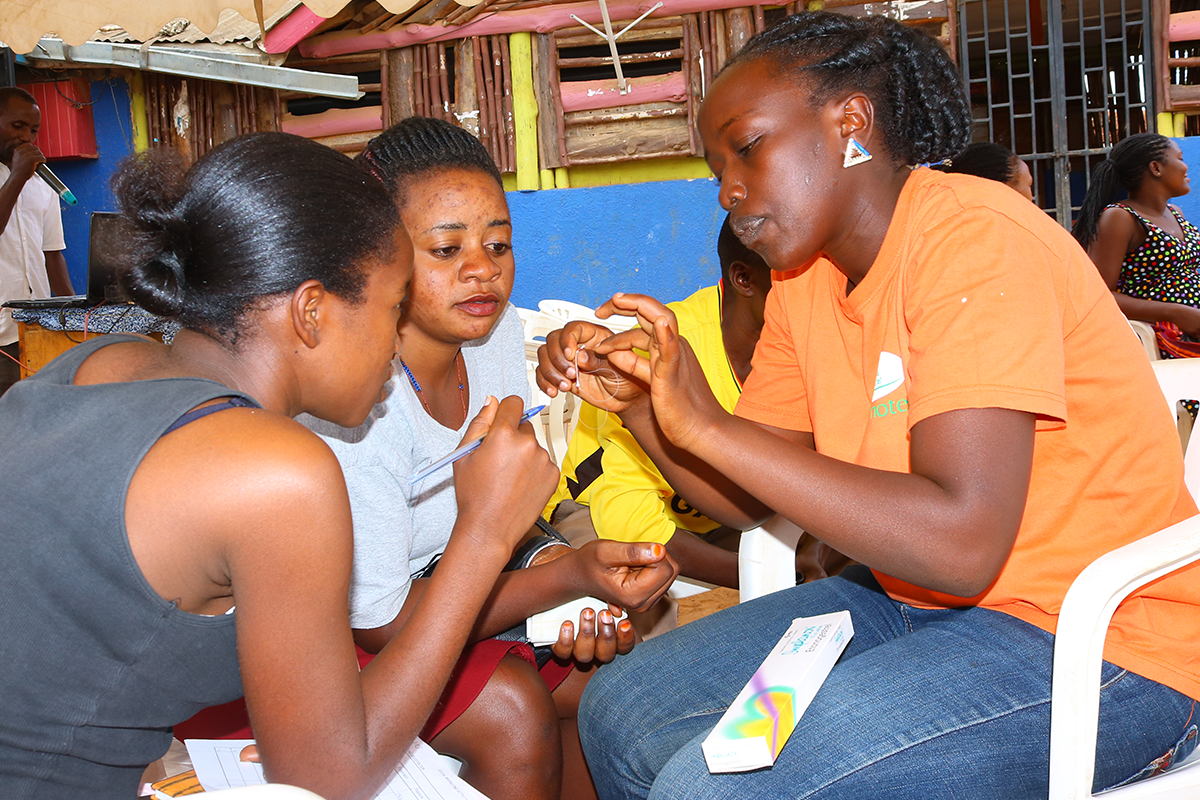
Searching for social norms measures related to modern contraceptive use
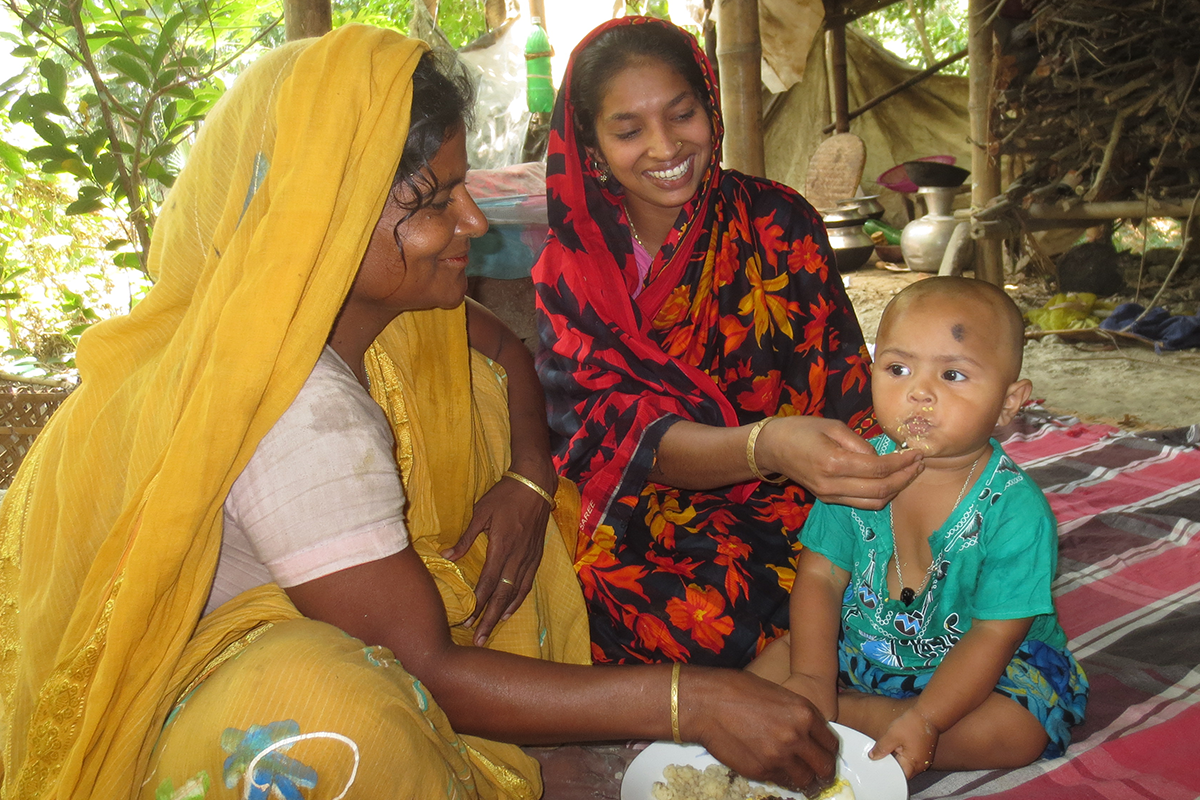
Generating evidence for going to scale in multisectoral nutrition programming
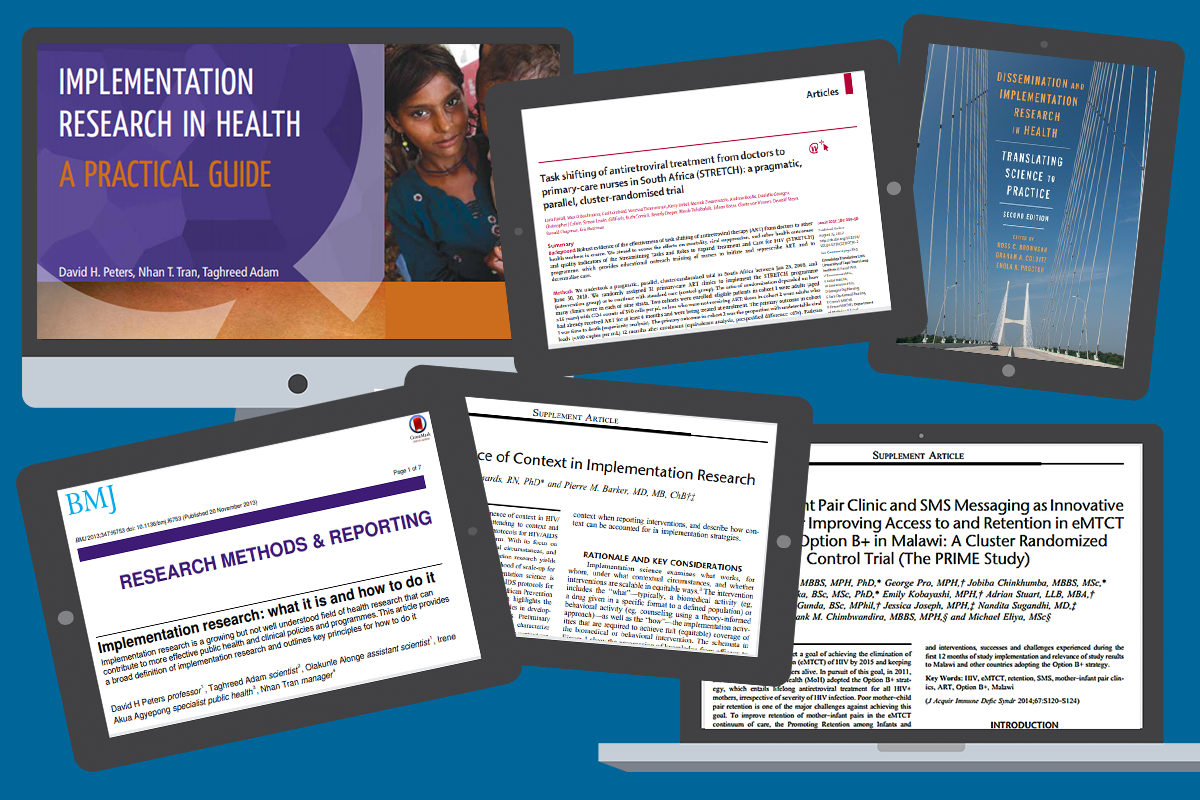
Implementation research: The unambiguous cornerstone of implementation science

Investigating STEM and the importance of girls’ math identity
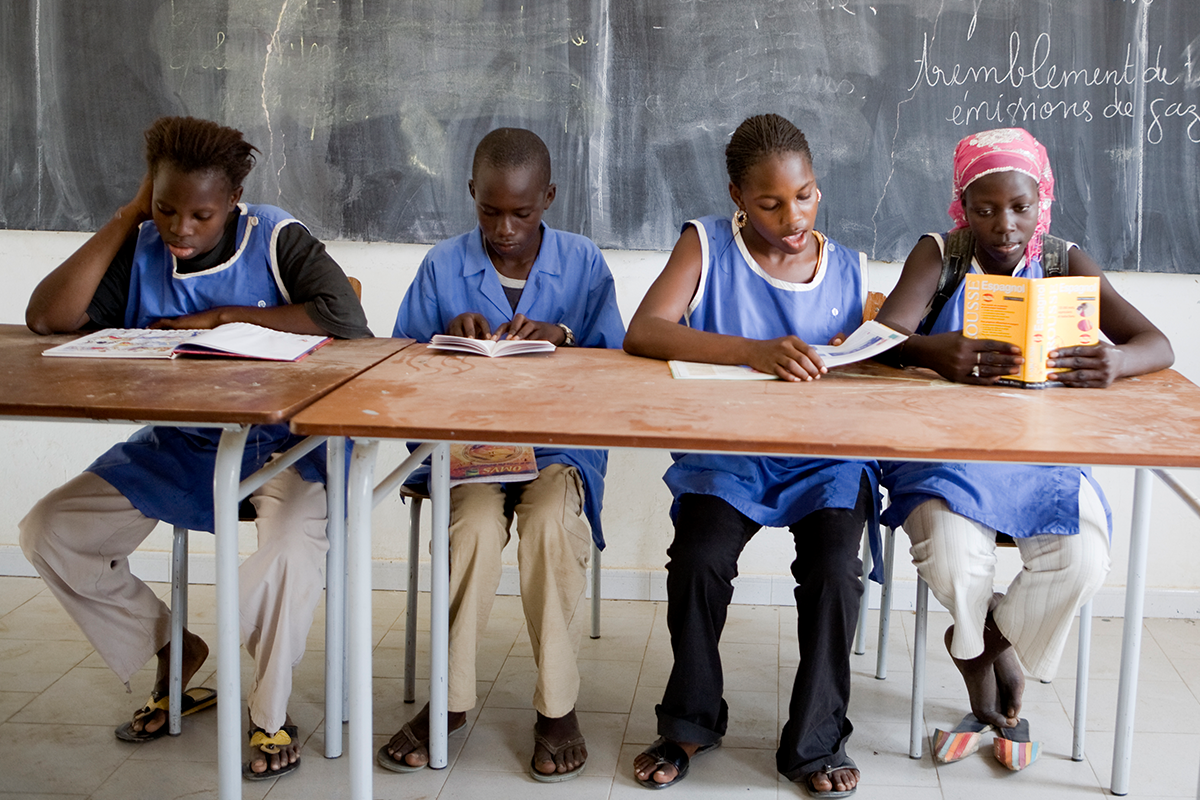
5 features of a monitoring, evaluation and learning system geared towards equity in education
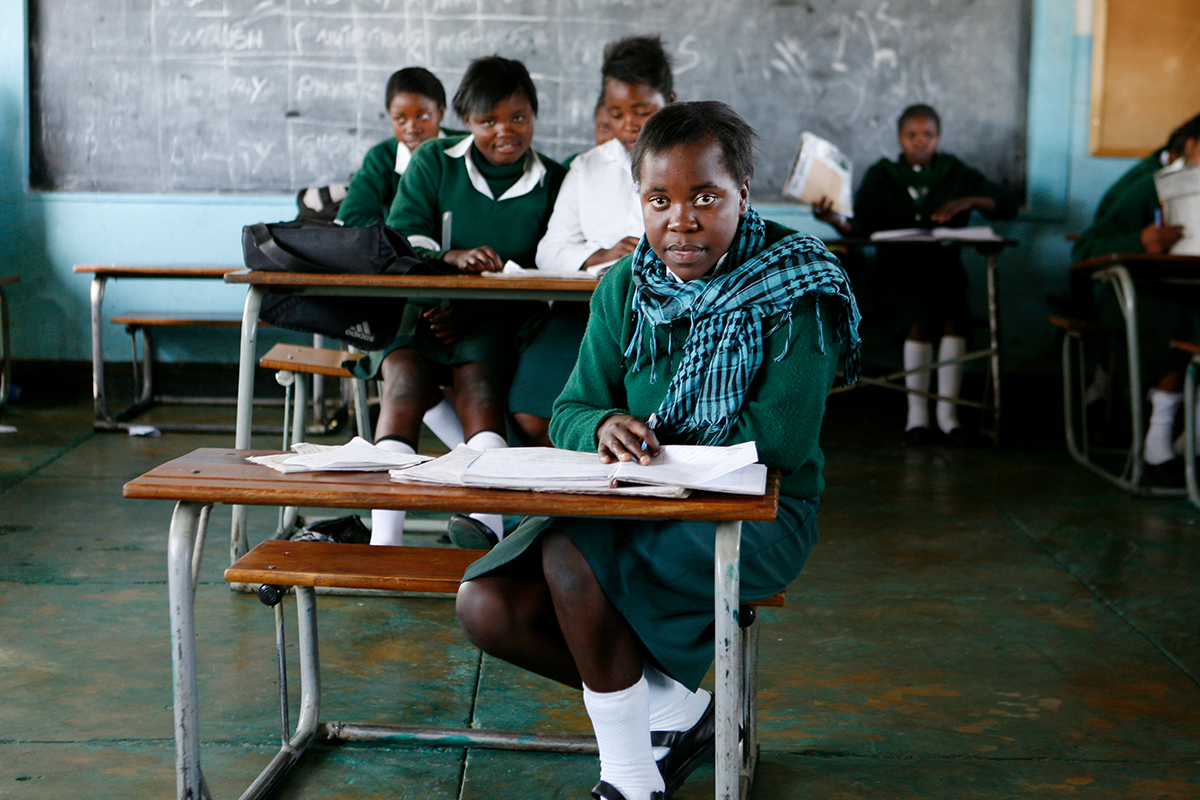
To achieve equity in education, we need the right data

Faster, cheaper and safer: Do UAVs live up to the hype?
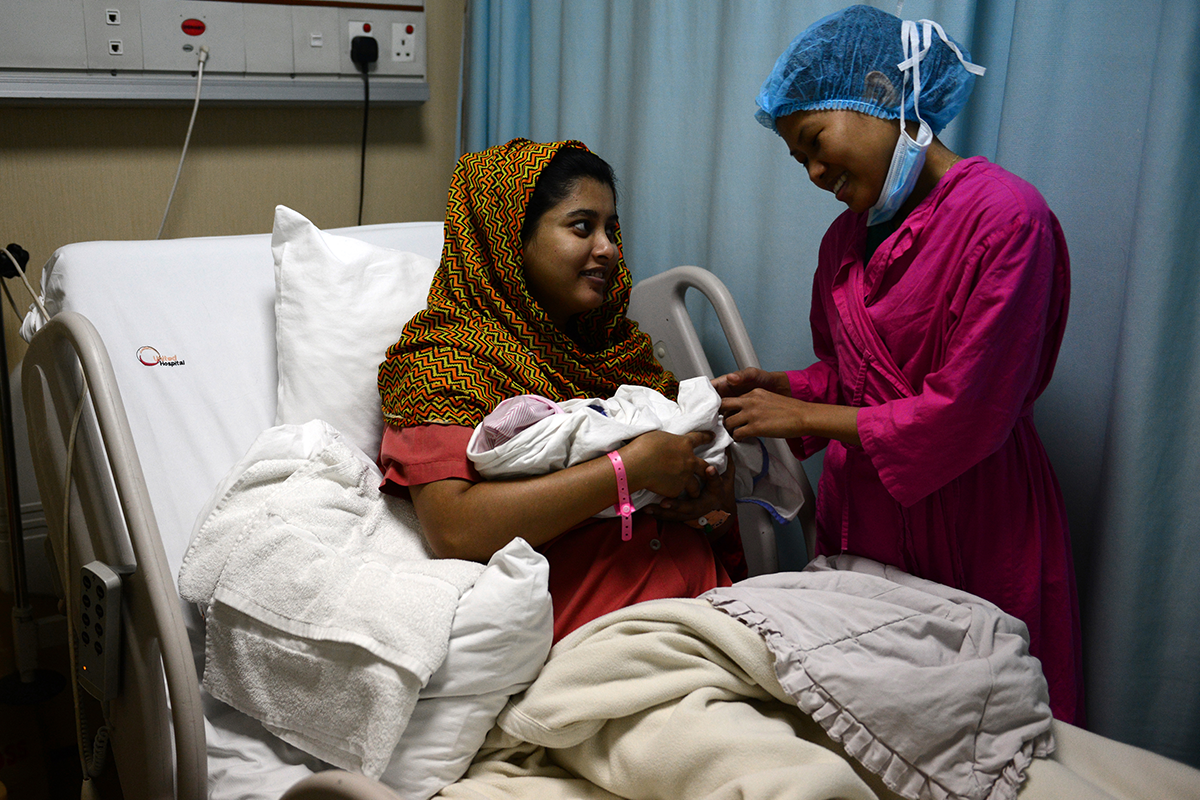
Moving from indicators of facility coverage and use toward capability to reduce maternal mortality

Quarterly recap of FHI 360’s blog on research and evaluation, October–December 2017
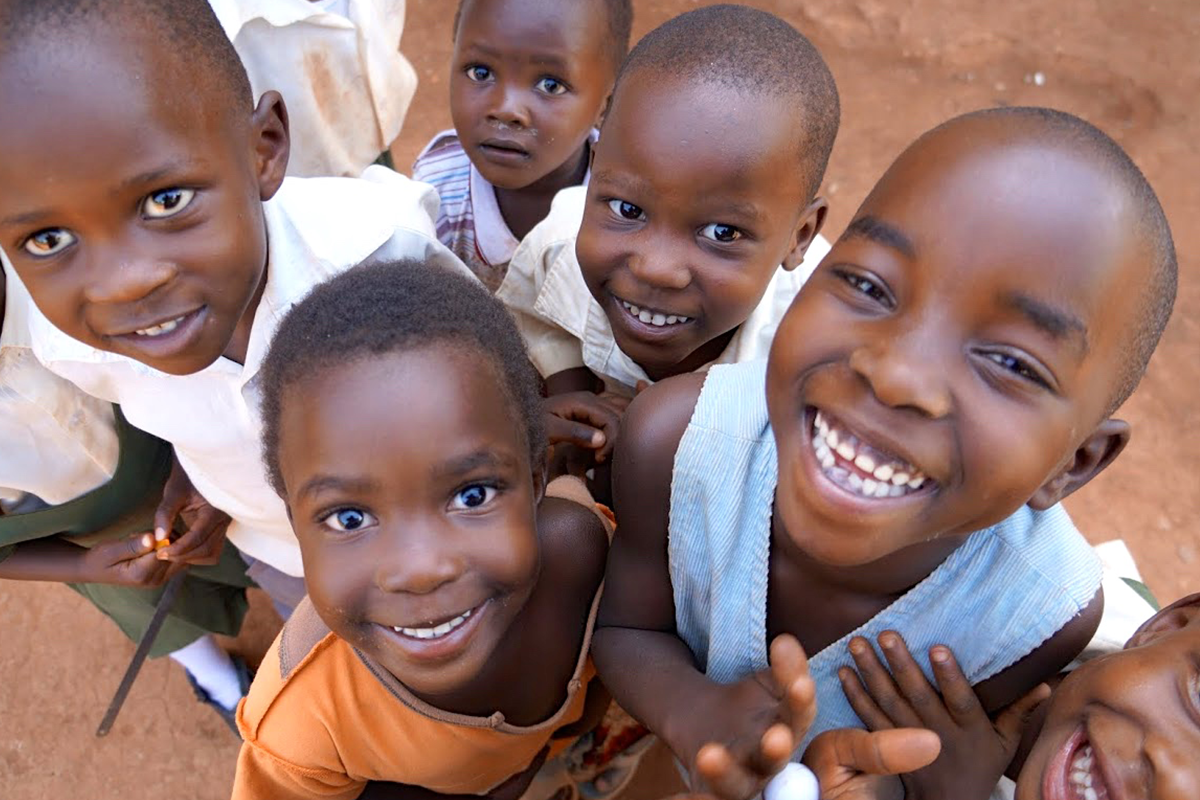
Beyond DALYs: New measures for a new age of development
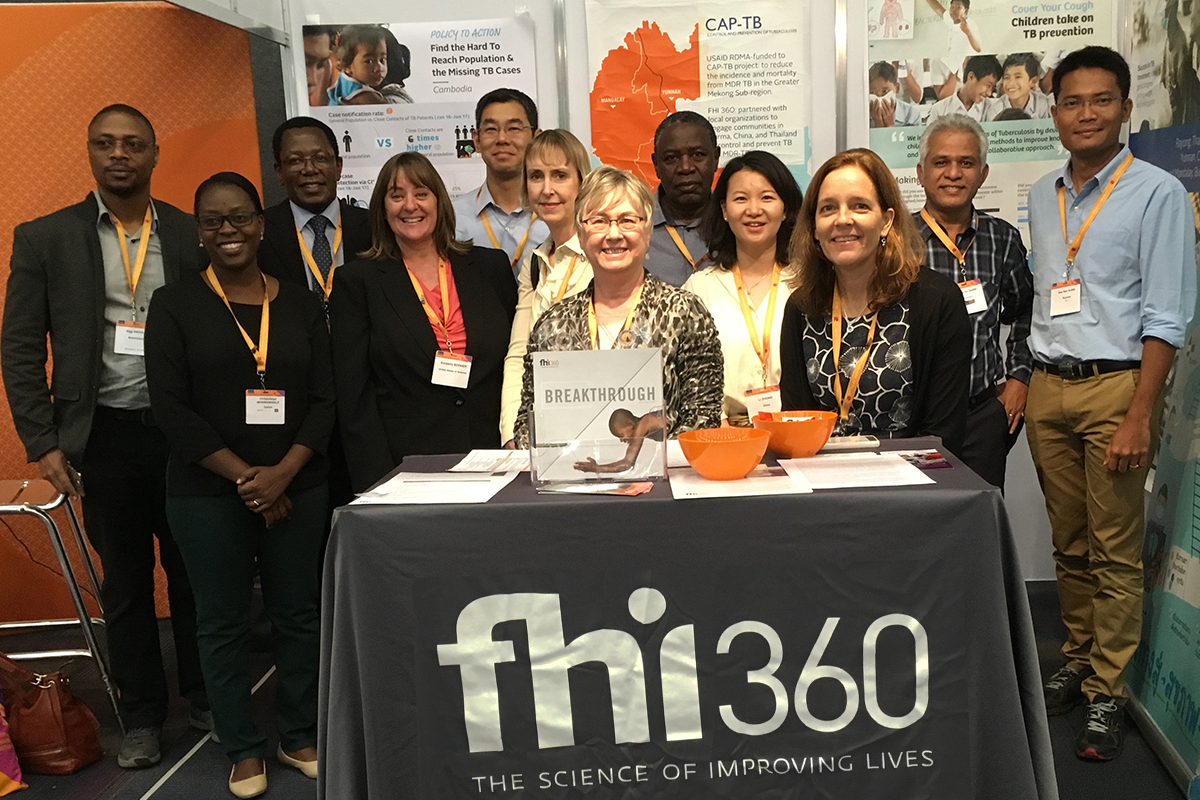
Outsmarting TB using research and collaboration
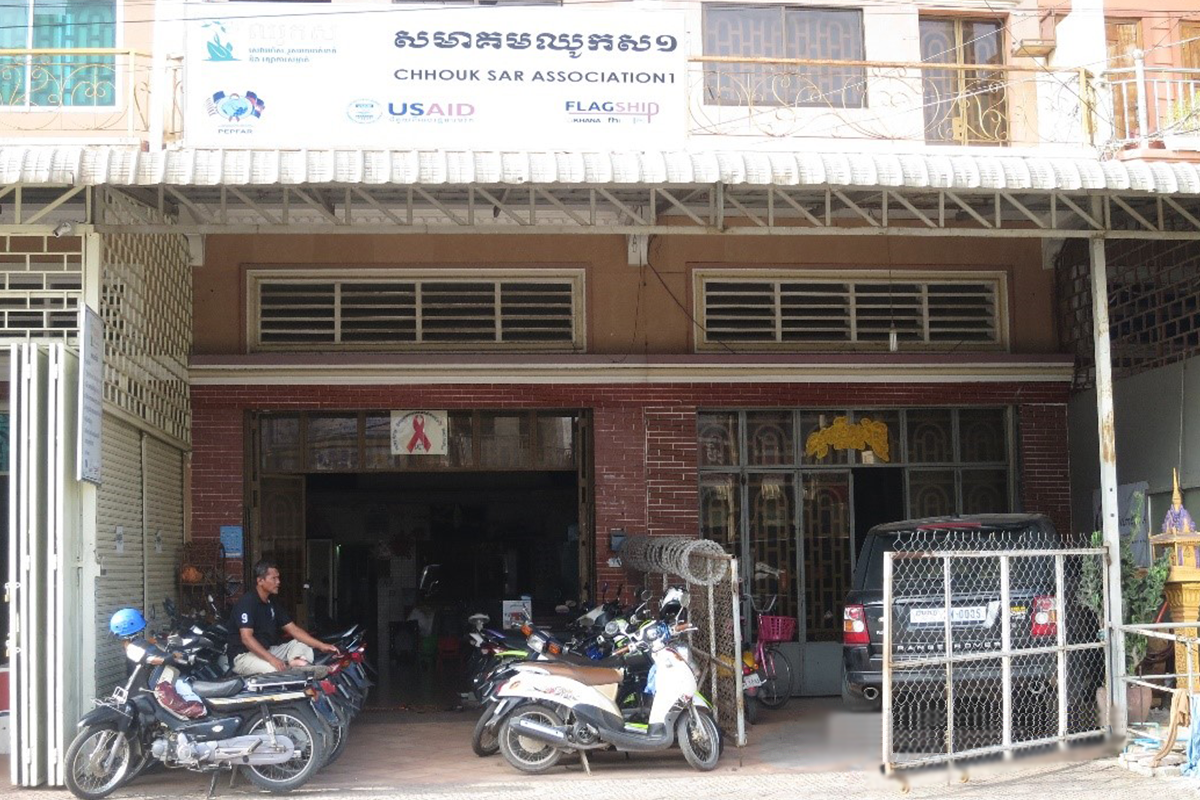
Increasing HIV detection with incentive-based, peer-referral approach known as Risk Tracing Snowball Approach
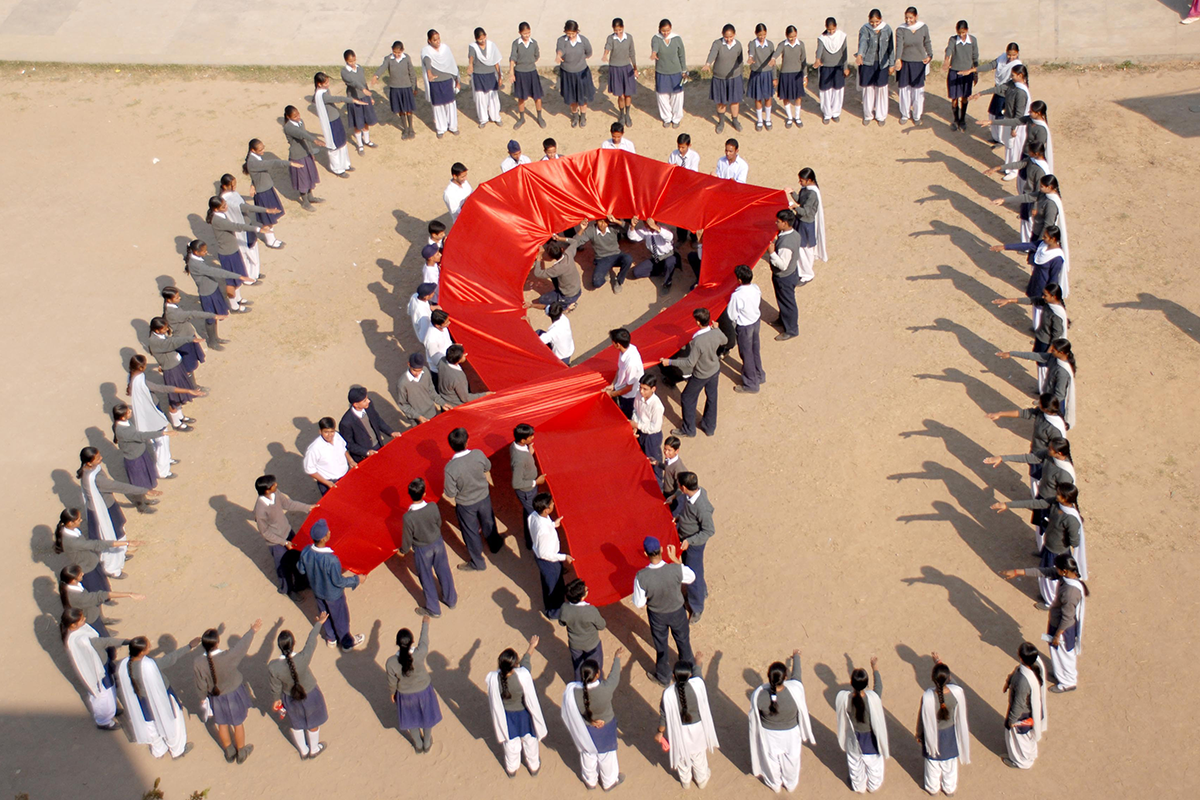
From the Red Book to the Blue Book: Advancing HIV surveillance among key populations

My tribute to Peter Lamptey’s lifelong contributions to global health
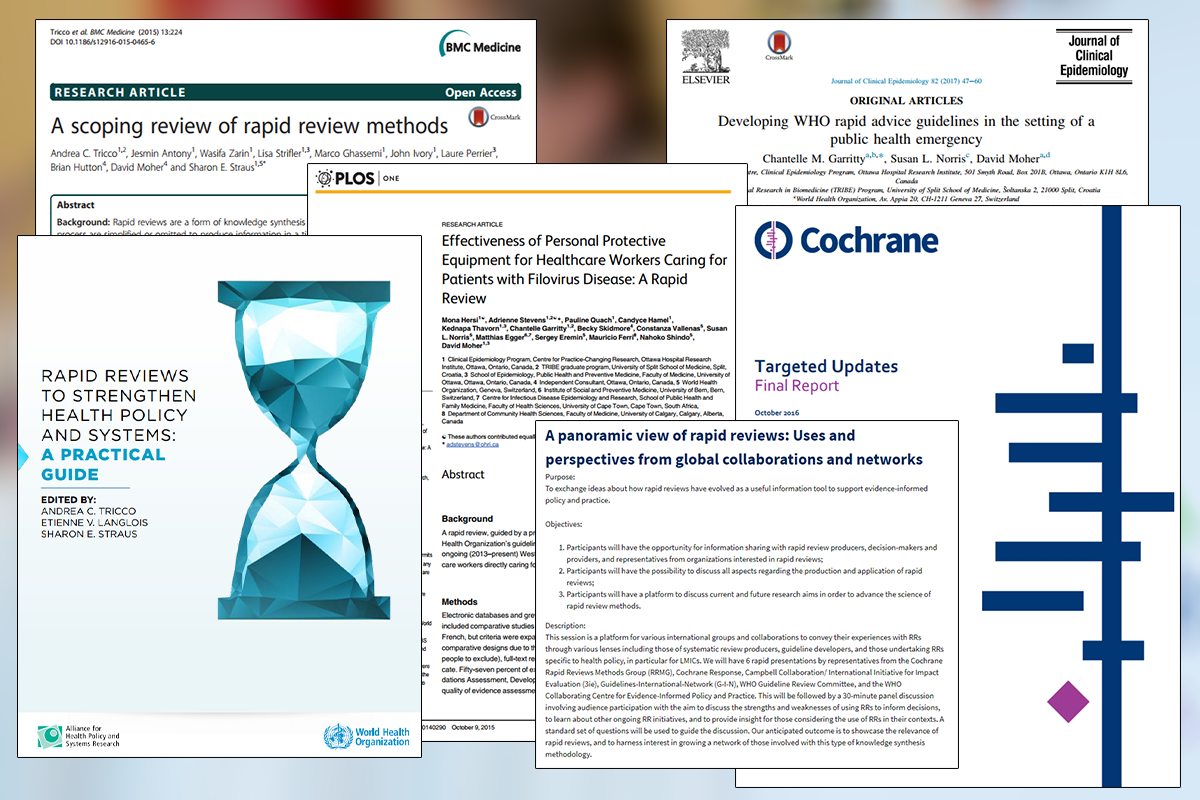
How fast is rapid? What I learned about rapid reviews at Global Evidence Summit

5 lessons for using youth video diaries for monitoring and evaluation

Five things you can do today to participate in open scholarship
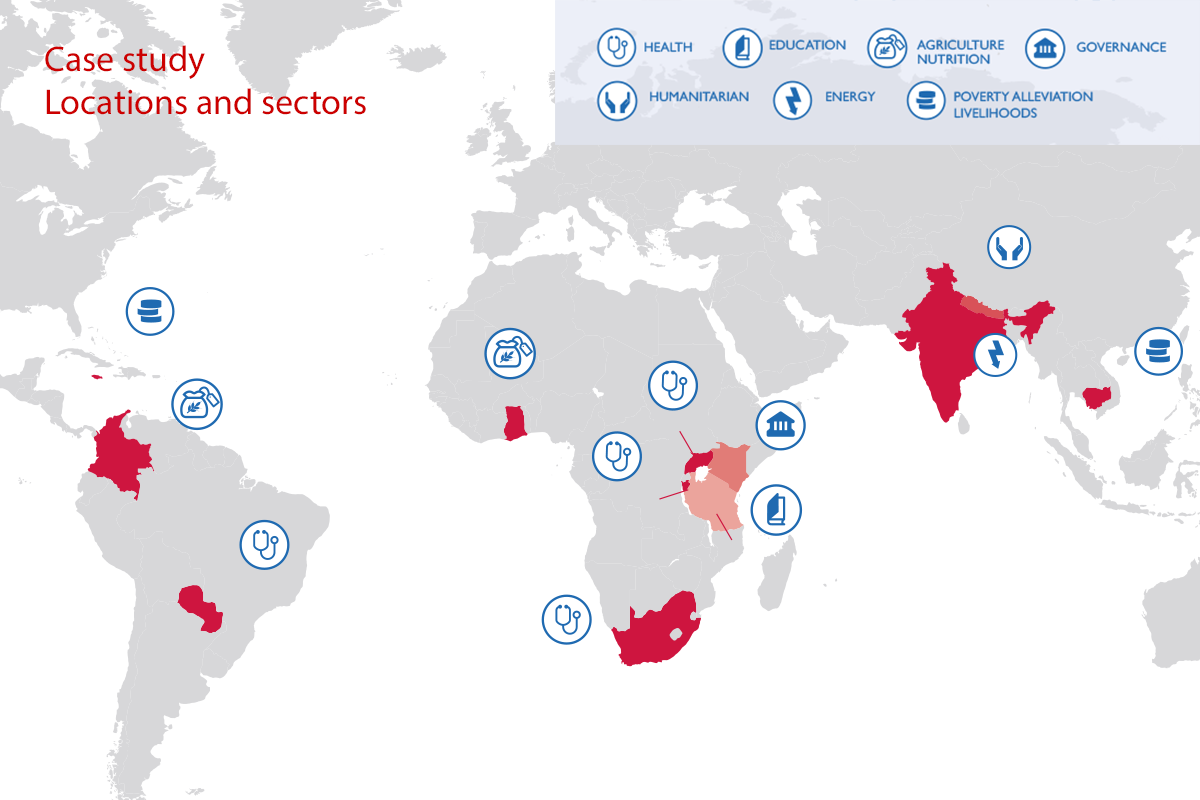
New research on open government data in developing countries: What we can learn from case studies
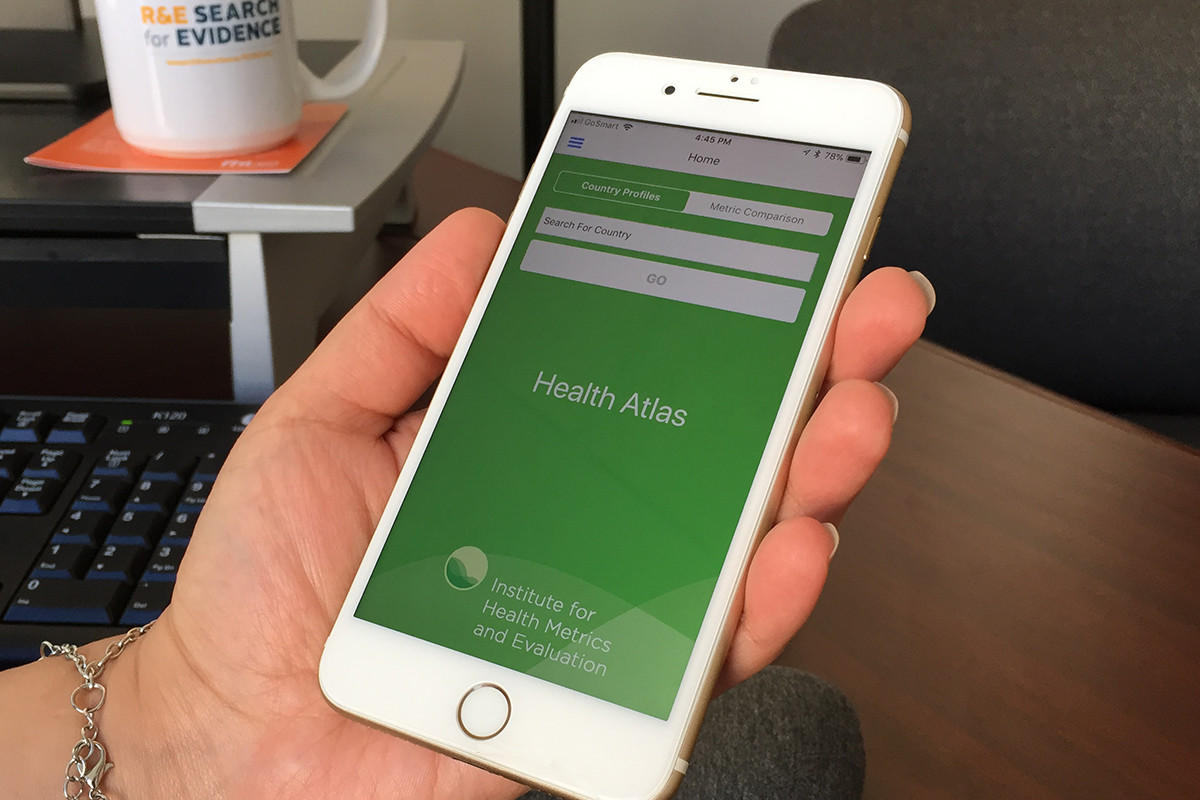
20 years of advances in global health data: Now there’s an app for that

Evidence in a post-truth world from Global Evidence Summit
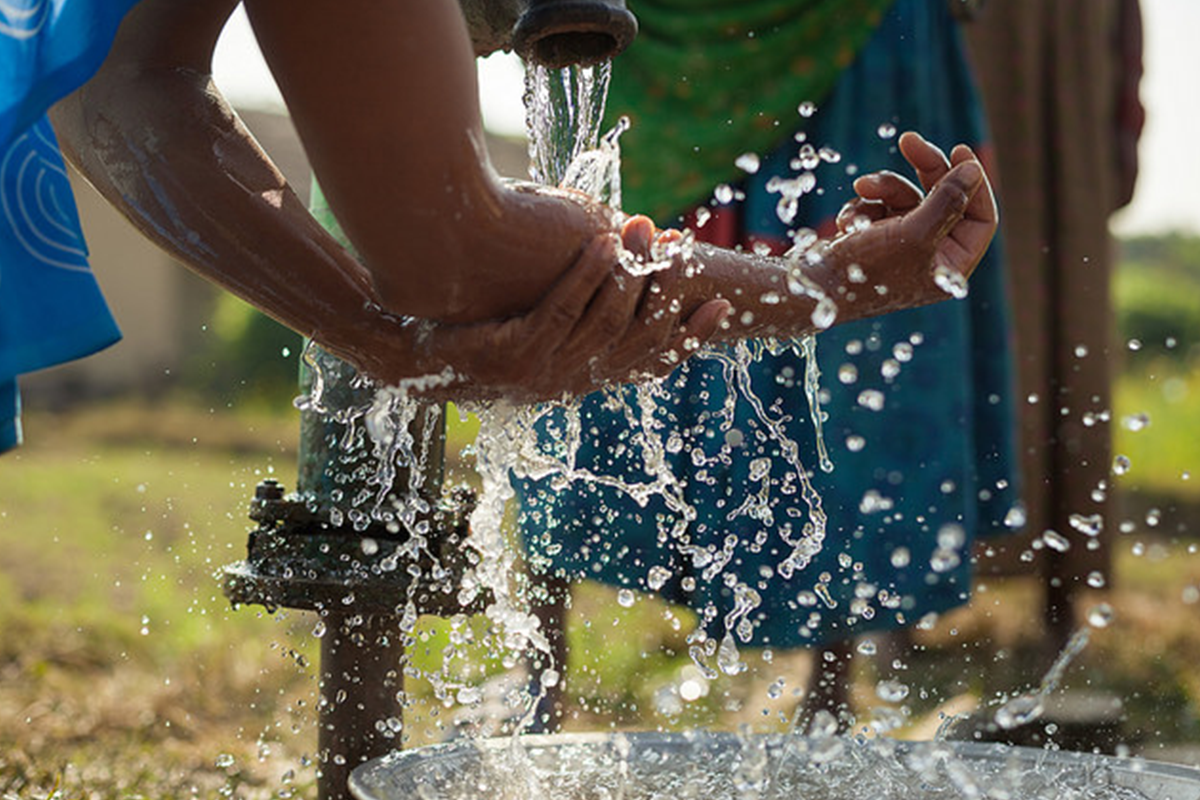
Research improves handwashing programs by uncovering drivers of behavior change
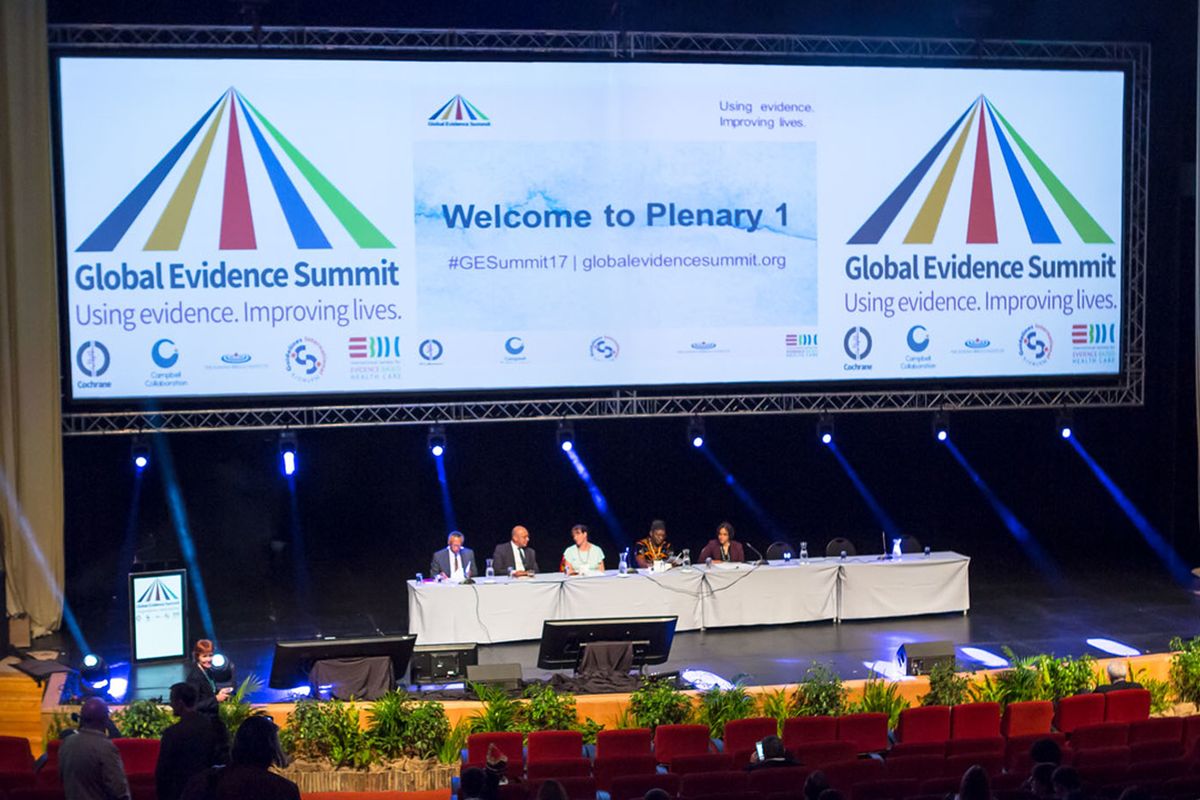
What I learned about evidence networks at the Global Evidence Summit
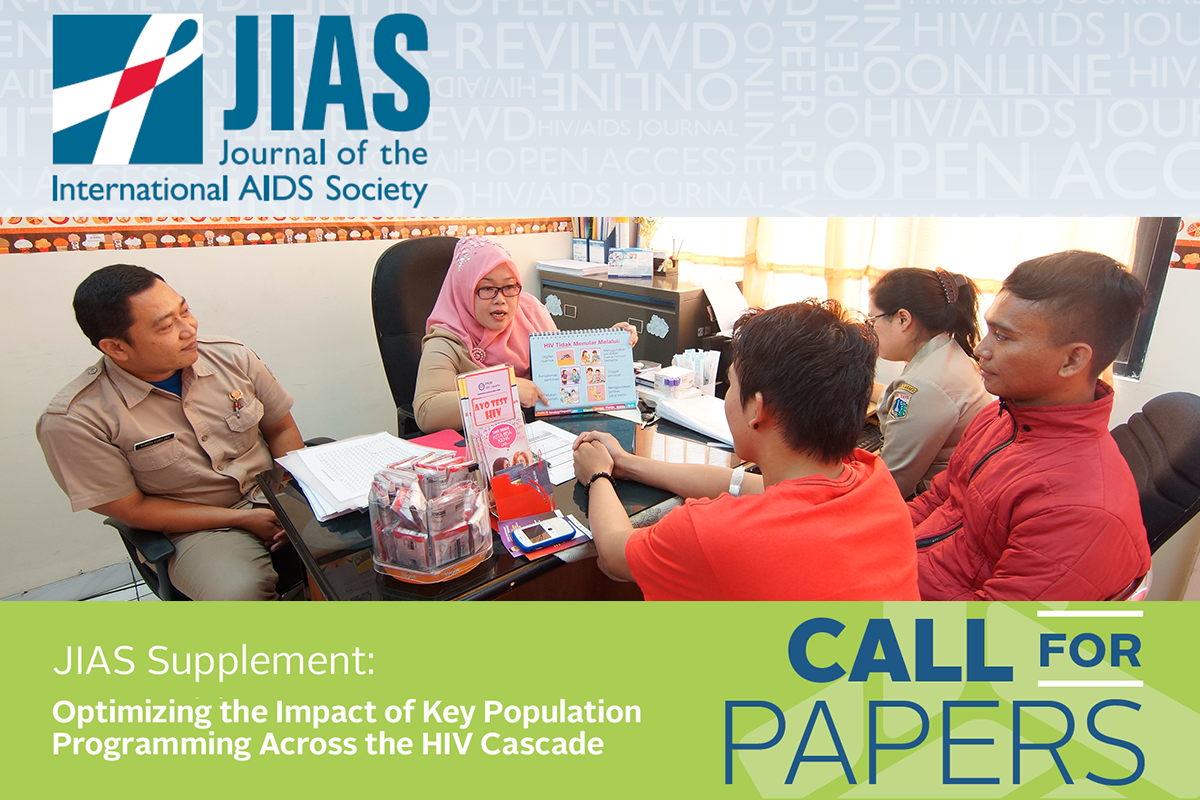
Call for papers: Optimizing the impact of key population programming across the HIV cascade

Show me the evidence: Cultivating knowledge on governance and food security

Seizing an opportunity to collect user experience data

Hypothetically speaking… If we build it, will they come?

FHI 360’s R&E Search for Evidence quarterly highlights

Exploring the parameters of “it depends” for estimating the rate of data saturation in qualitative inquiry

Paper-based data collection: Moving backwards or expanding the arsenal?

Four tips for turning big data into big practice
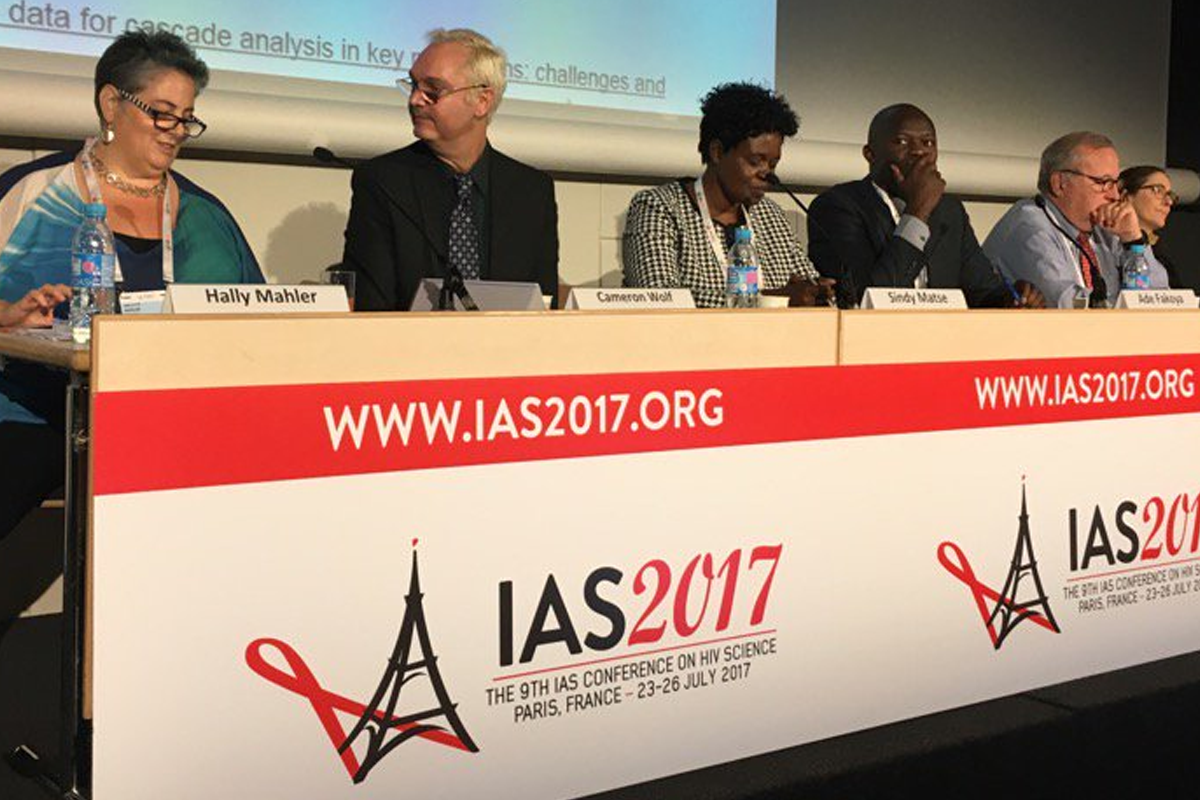
The science of beating HIV and AIDS

Book Review: Rigor Mortis – Harris says the rigor in science is dead
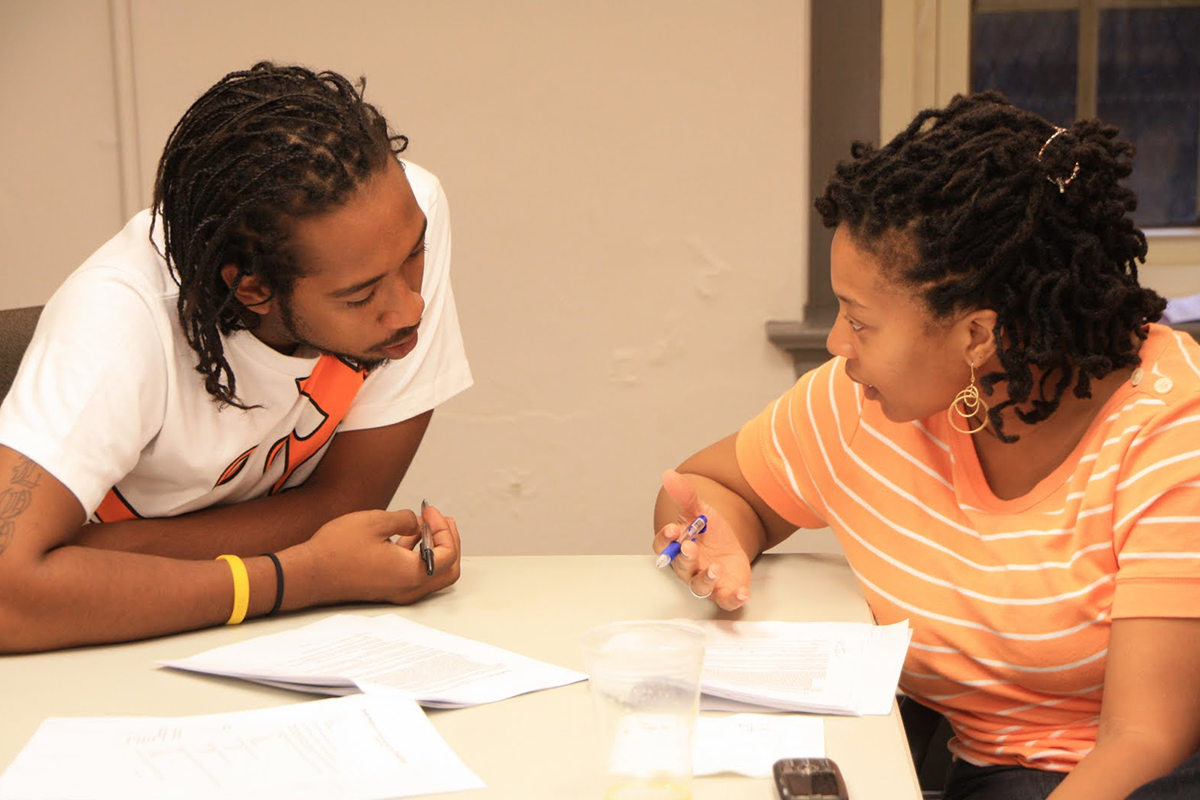
Teasing apart stigma and knowledge as barriers to HIV testing: A study with young Black adults in Durham, North Carolina
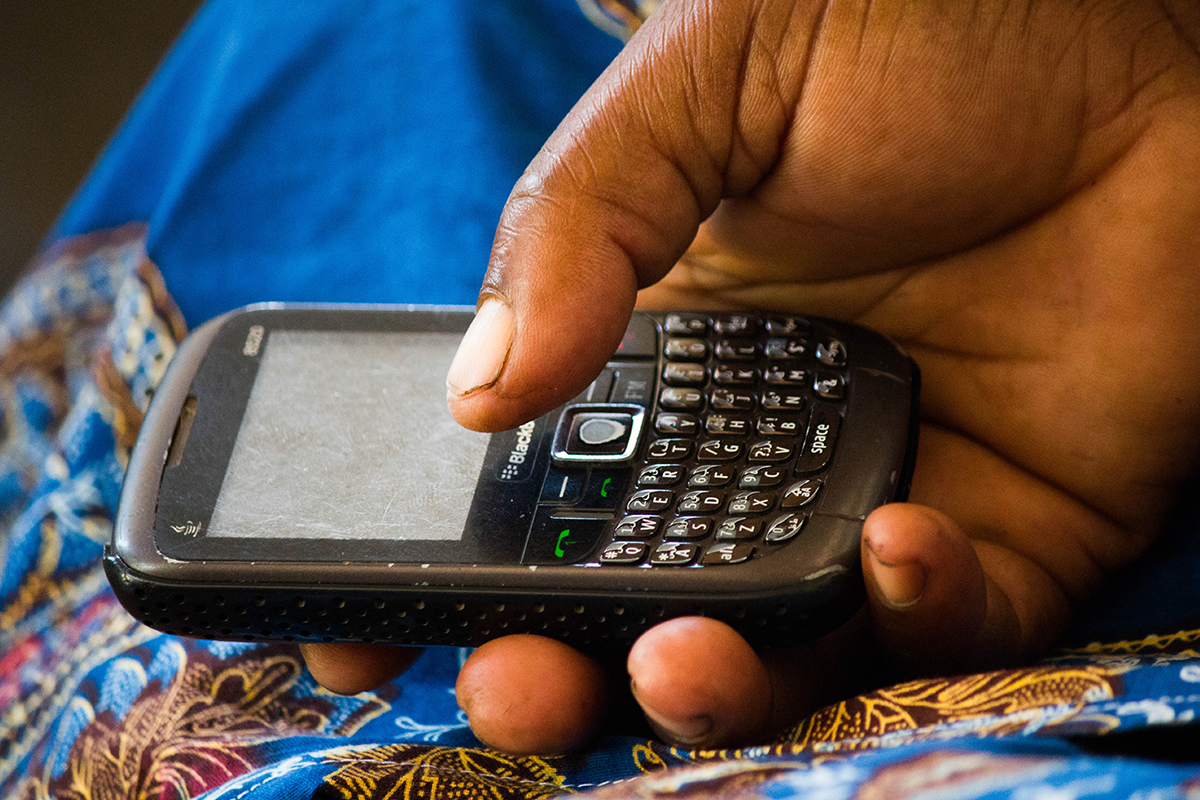
Mobile-based surveys: Can you hear me now?
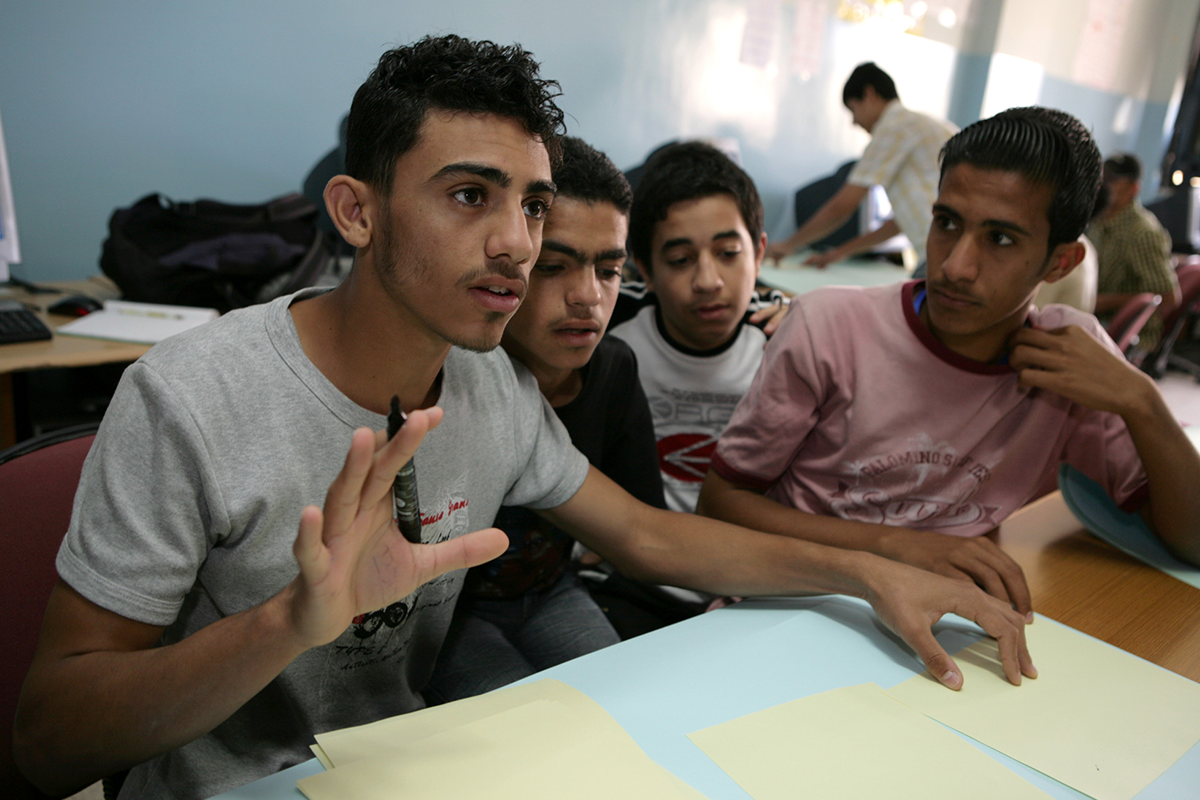
Don’t waste evidence on the youth! Recent data highlights education and employment trends
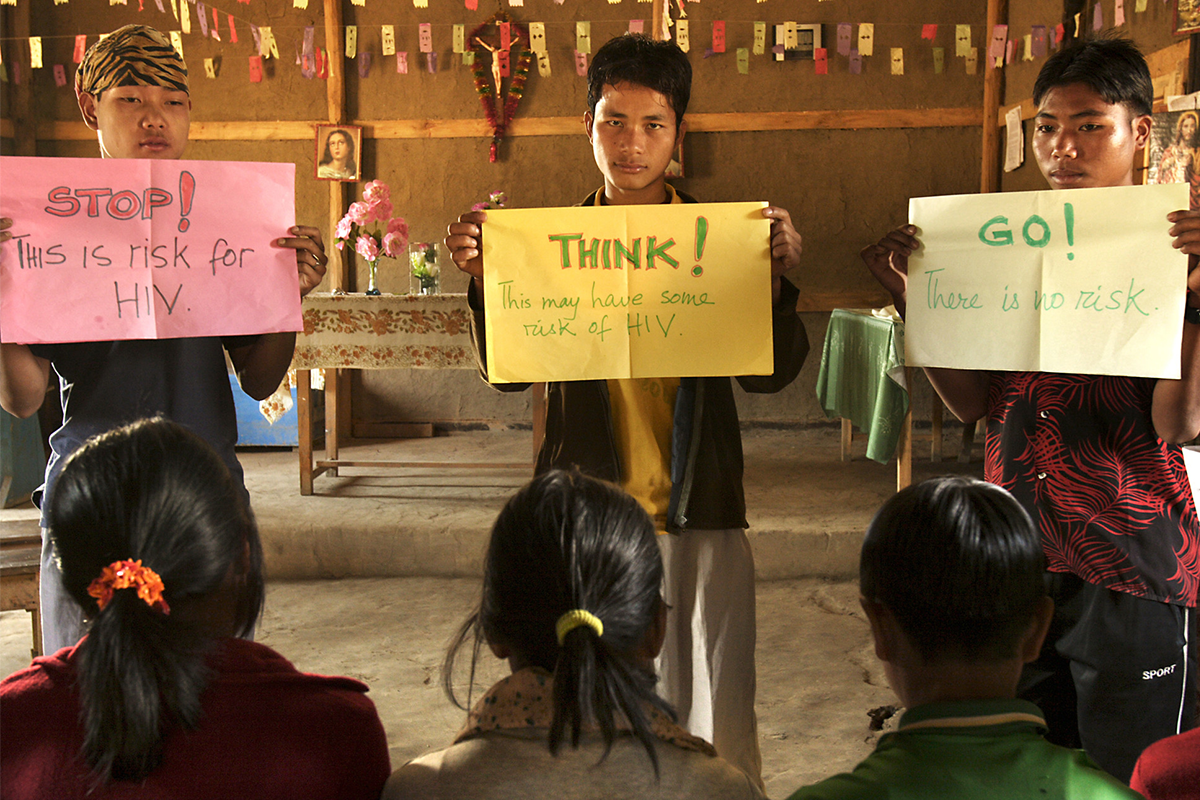
LINKAGES research digest highlights ability of young key populations to access and remain in the HIV care cascade

Don’t spin the bottle, please: Challenges in the implementation of probability sampling designs in the field, Part II
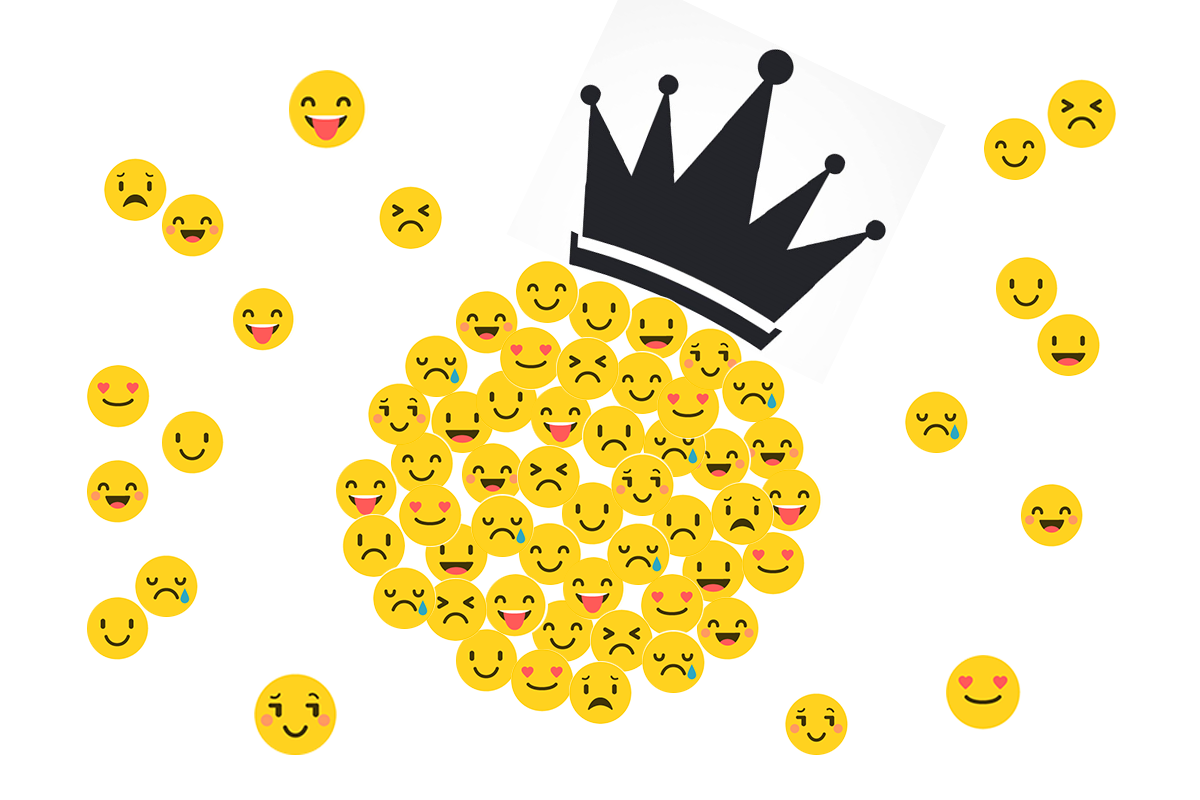
Sample size is not king: Challenges in the implementation of probability sampling designs in the field, Part I


